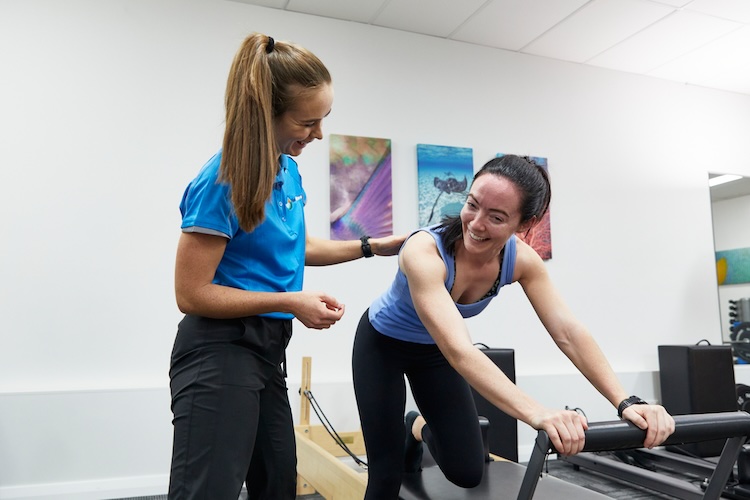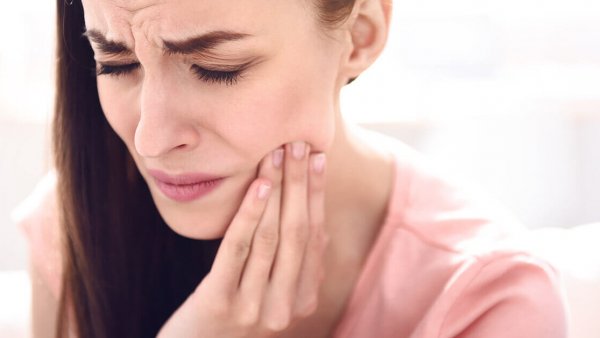Menopause Naturally is a significant part of a women’s natural life cycle.
It brings significant changes in a women’s body and daily life experience. As estrogen production slows and the ovaries stop producing eggs, a woman’s menstrual flow becomes erratic and then stops. Declining estrogen levels during the peri-menopause transitional time can be distressing but also transforming. Cessation of a period for 12 cycles (months) marks the beginning of menopause (menarch stopped) but peri-menopause can occur for many years prior to this.
Menopause marks the transition into the next phase of your life.
Changes in your mood or how you feel about yourself are normal responses as you reflect on your age, life stage and empowerment. Many of the distressing symptoms of peri-menopause and menopause are attributed to low estrogen levels and declining progesterone. There is also many other biological changes that we are now only just starting to understand as more research and focus is placed on this transition that all women experience. This includes changes in metabolism and insulin sensitivity.
What happens in menopause?
When the ovaries become less active and finally releasing your final egg (which usually stimulates estrogen), the adrenal glands (with help from fatty tissue, bone and brain) produce enough estrogen to prevent estrogen deficiency. One contributing factor of the distressing peri-menopause symptoms is when the adrenals (the glands that also respond to stress) take over this role of estrogen production become ‘depleted’ or ‘overworked’ due to stress.
Let’s take a closer look (in a fun way) at what else happens during this life transition.
The Menopause Snow White Fairy Tale
Snow White as a fairy tale true is so relevant for women in menopause as it’s true meaning is a story of a feminine hero’s journey. It’s about someone who loses their access to meaning, loses their access to a hierarchy of participation, is thrown into chaos and then has to find their way through their darkness and then reconnect with a higher meaning”.
In the Menopause Snow White Fairy Tale we have 7 dwarfs, a wicked step-mother and Prince Charming.
The 7 Dwarfs of Menopause
During menopause women can experience one or all of the following. Please note the explanations are given in brief.
-
Itchy and dry skin – one of estrogens roles is to regulate moisture levels in skin tissue and stimulate production of collagen. And stress can trigger release of histamine which causes flushing, itchiness and redness.
-
Bitchy – feeling irritable, teary and moody
-
Dopey – one study showed that 62% of women have memory changes and/or poor concentration. At this stage causative factors are undefined but hey…stress combined with poor sleep is a great recipe for dopiness. The changes in neuro-inflammation also contribute greatly to ‘brain fog’ in menopause.
-
Bloaty – when hormones become erratic the balance of water retention (from estrogen) and diuresis (from progesterone) can cause bloating sensation. Another driving factor for abdominal bloating is possibly liver “overload” which reduces bile production.
-
Sweaty – 80% of women experience hot flushes either as a sudden flash of intense heat or a mild warm sensation. Lasting 1 min or 15 minutes, they appear without warning and wreak havoc night or day. Sometimes accompanied with nausea, racing heart, heavy breathing and/or followed by a chill.
-
Leaky – up to 50% of women experience stress incontinence or LBL (light bladder leakage) after a cough, sneeze or laugh. This becomes more common in menopause and in women who have a chronic cough or are overweight.
-
Stressy – as opposed to feeling ‘bitchy’, stress in menopause is experienced as anxiety sometimes with panic attacks, low mood and depression; or a general feeling of being unable to cope.
An all too common experience in menopause is that of being “Wired, Tired and Fried“. This catch phrase is used by Naturopath’s to describe “adrenal exhaustion”. This term is used to describe when a person is stressed, sleep deprived and/or exhausted.
The Wicked Step-Mother
The wicked step-mother is represented by metabolic inflexibility and insulin sensitivity that starts in peri-menopause. This occurs naturally as the body adapts to lower estrogen and is driven by inflammation. Like the wicked step-mother it is insidious; sneaky, subtle and gradual so that a woman is not aware of it happening but it can have very harmful effects.
Metabolic Health is a huge topic (for another post) but the key points is that is important for health and vitality. It gives us energy, a stable and bright mood, a pain free body, regular hormone cycles and aids hormonal transitions (such as in postpartum and menopause) and reduces risk of the big 3 diseases – heart attack, stroke and dementia.
Prince Charming
Finally we introduce Prince Charming who gives the ‘kiss of life’ that marks the final point of transition from peri-menopause into menopause and beyond. This heralds the ‘awakened’ years of your life. With changes in hormones a woman develops more balanced feminine (yin) and masculine (ang) energy. To me the kiss of Prince Charming symbolizes this transition a woman makes into empowerment and knowing herself at a deeper wiser level.
How to combat the 7 common experiences of Menopause
Self Help for Living Well with Menopause
Menopause marks the transition into the next phase of your life. It is the ‘Passage to Power’ (the apt title of Leslie Kenton’s awesome book on menopause). Understanding changes in mood or how you feel about yourself are normal responses as you reflect on your wisdom, age and useful role in society.
Herbs, nutrients and diet do help. However, learning how to manage and reduce stress is also important.
Stress in menopause is also compounded by sleep disturbance, hot flushes and feeling out of control of your body. There are also stressful normal life changes that happen at this time such as children leaving home, career change, ageing parents. Exercise (in particular resistance training) is also imperative for managing symptoms and promoting health in peri-menopause and beyond.
Our Naturopath and Occupational Therapist, Sasha Wray has a special interest in treating symptoms of menopause using herbal medicine, nutritional advice and lifestyle guidelines.
Key Self Help Strategies in Menopause
-
Follow healthy eating guidelines
-
Have a lower total calorie intake.
-
Increase intake of phytoestrogens (these are plants that have an oestrogen like action in the body). And reduce xenoestrogen (xeno = fake) exposure from plastics, pesticides and pollutants. Check out my Seed Cycling Bliss Ball recipes here.
-
Drink 6–8 glasses of filtered water daily.
-
Manage stress and build coping skills. Use assertion to say no, set boundaries and take time for your own self care.
-
Establish an exercise regime at least 3 x week that includes weight bearing exercise to maintain bone density. More about osteoporosis here and resistance training here
-
Review your life, what’s most important and what positive life experiences do you want.
The End of the Menopause Fairy Tale is just the beginning
Every woman’s journey into menopause is different. This article aims to help women flow into their wise woman years with grace and ease. There is a lot that women can do for themselves but there is also a lot that can be done to support women better. So be sure to ask for help, no matter how small the complaint, as it will make a huge difference now and for your future health and vitality.
Sasha Wray is a Naturopath and Occupational Therapist with 32 years experience helping women of all ages. She has a special interest in pain management, fatigue and mental health concerns. She is experienced in provision of psychological therapies and is passionate about holistic therapy with an integrative approach.






